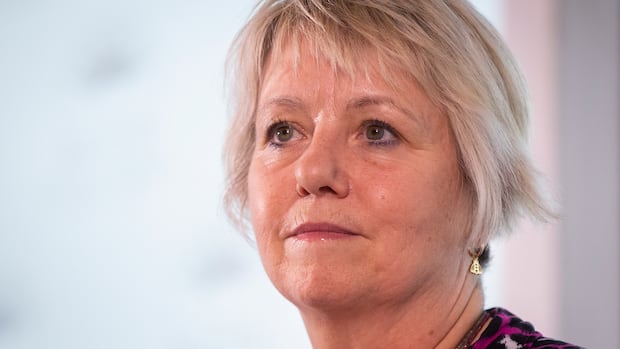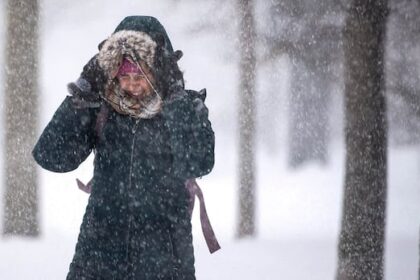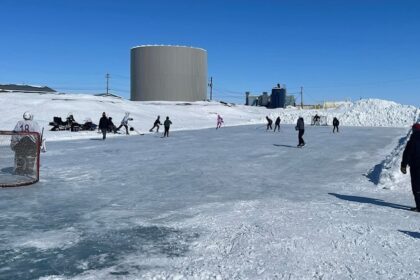British ColumbiaA B.C. Supreme Court justice has ruled that a class-action lawsuit meant to represent all adults in the province whose rights were allegedly violated by provincial orders during the COVID-19 pandemic can’t proceed because of “so many self-inflicted problems.”Proposed suit was meant to represent all B.C. adults over alleged abuse of powers during pandemicChad Pawson · CBC News · Posted: Oct 22, 2025 11:55 AM EDT | Last Updated: 2 hours agoA B.C. Supreme Court judge has denied the application for a class-action lawsuit that sought damages for harm caused to adults by provincial health orders during the COVID-19 pandemic. (Justine Beaulieu-Poudrier/Radio-Canada)A B.C. Supreme Court justice has ruled that a class-action lawsuit meant to represent all adults in the province whose rights were allegedly violated by provincial orders during the COVID-19 pandemic can’t proceed because of “so many self-inflicted problems.”The lengthy written ruling made by Justice David Crerar on Monday considered evidence presented over 30 days of hearings and written submissions, described as a “wall of binders,” dating back to 2022.A group of 171 people called Canadian Society for the Advancement of Science in Public Policy were seeking certification to pursue damages allegedly caused by unjustified COVID-19-related orders.The society’s argument was that Provincial Health Officer Dr. Bonnie Henry and the province used executive powers predicated on unsubstantiated scientific and legal grounds, which resulted in “catastrophic consequences” for adults in the province.The proposed claim says the measures violated a variety of rights guaranteed to Canadians under the Charter of Rights and Freedoms.If successful, it could have resulted in millions of trials for B.C.’s estimated four million adults and ultimately lump sum payments borne by taxpayers.Crerar did not rule on the merits of the allegations or facts or “whether the actions of the Province or the Health Officer were good, bad, or otherwise,” but rather if the action made practical sense to be brought as a class proceeding.Crerar ruled it did not and struck it as an abuse of process for several reasons including that it sought an “end run” around “more stringent and deferential” judicial reviews of the orders, many of which were dismissed.’Vexatious argument and other violations’“Further, despite judicial warnings, and despite eight versions of its claim, the plaintiff persists with pleadings that are replete with vexatious argument and other violations of pleadings rules: another abuse of process,” wrote Crerar.Crerar also ruled that the claim didn’t pass the test for certification because it failed five conditions including having a representative plaintiff who “would fairly and adequately represent the interests of the class.”The court heard in hearings in December 2022 how varied the possible claims were — ranging from people who were upset they couldn’t get vaccinated fast enough to people who didn’t want to get vaccinated at all.In the ruling, Crerar wrote that it is conceivable that a more carefully focused and drafted legal argument could challenge provincial COVID-19-related health orders, but that “the present claim is not the one.”With files from Jason Proctor
COVID-19 class-action application denied as abuse of process by B.C. judge










